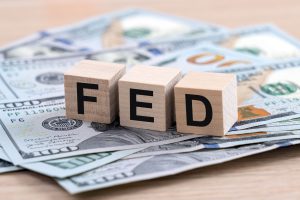Tesla has officially classified the ongoing protests against Elon Musk as a material risk to its business, marking a new chapter in the public and political backlash surrounding the company. In a regulatory filing with the U.S. Securities and Exchange Commission (SEC), Tesla disclosed that increasing criticism of Musk has led to protests — some escalating into vandalism and violence — targeting its employees, facilities, and showrooms globally.
The company’s statement notes that these developments “may negatively affect our brand and reputation, and may impact demand for our products and services.” The filing also indicates that disruptions tied to Musk’s political involvement could complicate Tesla’s fundraising capabilities.
This acknowledgment comes amid a turbulent quarter for the EV giant. Tesla recently reported a staggering 71% plunge in net income year-over-year, blaming weak demand and reputational damage from Musk’s controversial activities, particularly his role in the Trump administration’s Department of Government Efficiency (DOGE).
Groups like “Tesla Takedown” have been increasingly active. Their campaigns have ranged from protests at Tesla showrooms to social media boycotts and even targeted vandalism of Tesla vehicles in North America and Europe. One particularly vocal demonstration in Berlin last month saw thousands gather under the banner “No Autocrats on Autopilot.”
Meanwhile, Tesla’s head of global sustainability, Samantha Harris, canceled a scheduled keynote in Rome this week, citing safety concerns after threats surfaced in connection with her appearance. This decision only underscored how far the ripple effects of public sentiment have gone.
Though Tesla has frequently faced criticism, this marks the first time it has formally flagged public opposition to Elon Musk himself as a potential liability. Analysts note that such disclosures are rare and suggest the company is bracing for ongoing fallout.
Wall Street, however, has not fully turned its back. Tesla shares rose 3.4% in early trading after Musk announced he would be stepping back from his government advisory role to focus more on leading the company. Yet even bullish investors are warning that reputational risks could take years to unwind.
As of now, Tesla remains a market leader in electric vehicles, but its future brand equity may increasingly hinge not just on innovation, but also on the CEO’s public persona — and how consumers respond to it.







